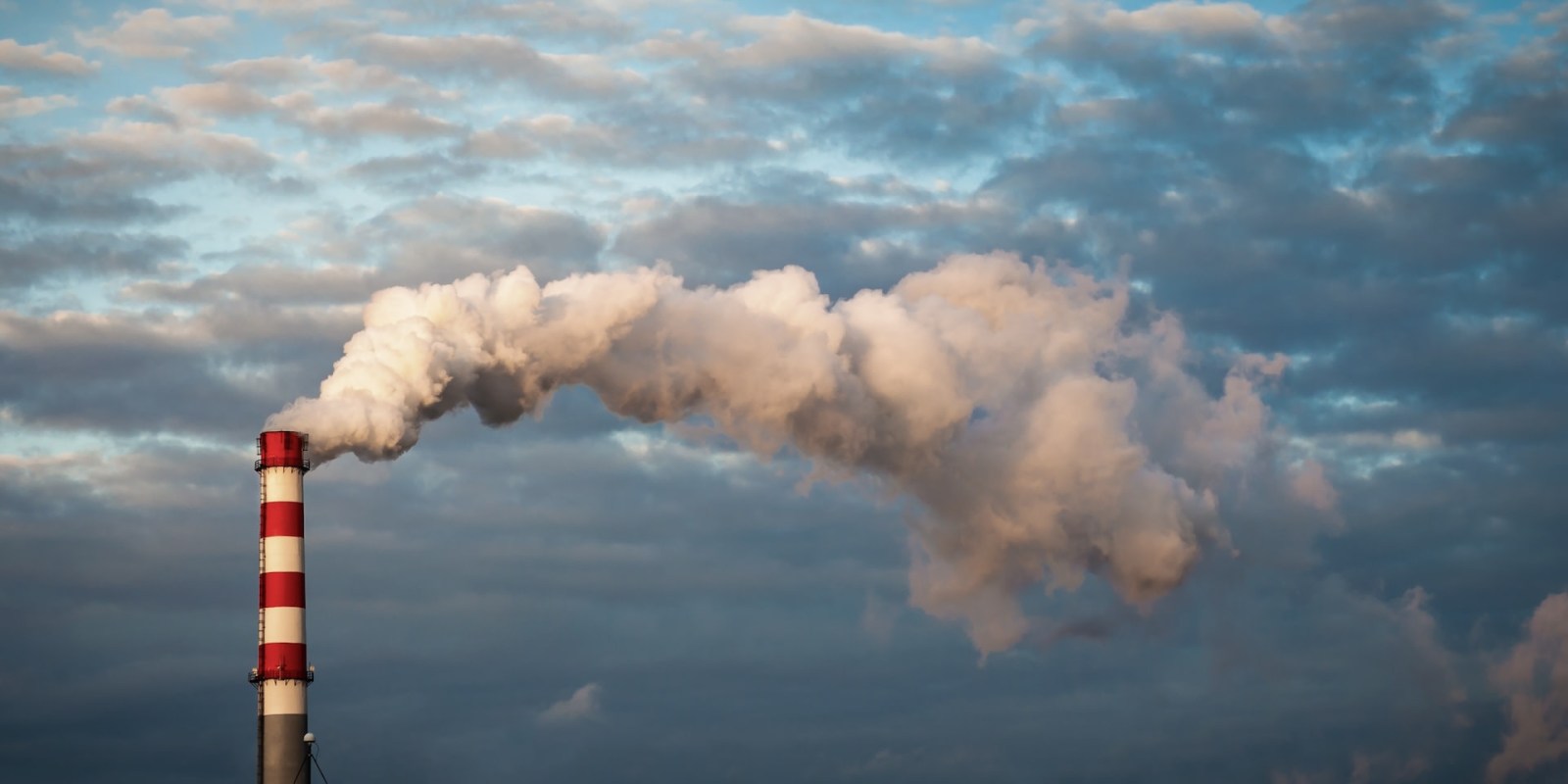A South African energy official has voiced a commitment to coal, even as unreliable plants are unable to handle energy demands, resulting in periodic blackouts, according to multiple reports.
In an interview with Bloomberg, Energy Minister Gwede Mantashe said that abandoning coal in favor of renewables is a "mistake" that would worsen electricity shortages.
"It will never work," he said in the report, adding, "coal is going to be around for a long time; for a longer time than many people expect it will be."
As a result, much of the population experiences poor air quality without power. Meanwhile, an abundance of untapped, electricity-producing sun rays continue to shine on the country with great potential.
What's happening?
South Africa is an intersection of poverty, poor air quality, and apparent backward thinking when it comes to sustainable energy.
While wealthy among nations on the continent, more than half of South Africa's population live in poverty, according to the World Bank. Worse yet, the State of Global Air report from 2019 states that "air pollution is the eighth leading risk factor for premature death" in the country.
But the government seems intent on keeping the coal burning, despite outages of up to 12 hours a day when plants break down.
Mantashe told Bloomberg that mistakes in the country's energy sector during the last three decades, including delayed power plant projects and flawed designs, are complicating matters.
"That is one of those mistakes, and we are learning out of it," he said in the story.
Why is it important?
For a global energy transition to be effective, buy-in needs to come from leaders on every continent. The World Health Organization estimates that 99% of the planet's population is breathing air below its quality standards.
A dogged reliance on fossil fuels compounds the problem and impedes efforts to steady the planet's overheating, already being marked by disasters around the globe.
Meanwhile, the state of California, which has nearly twice the population of South Africa, recently celebrated having its supply of wind, hydro, solar, and geothermal energy produce enough energy to exceed 100% of the state's electricity demands during 25 days of a 32-day stretch. With battery reserves factored and considering the extensive job opportunities the transition would provide, there aren't many reasons to resist replacing coal with renewable energy sources.
What can be done to help?
South Africa is rich in sunshine. Soly, an international clean energy tech company, notes that the country has 2,500 hours of sun-filled skies each year.
In fact, Soly considers South Africa to hold "huge sun energy potential."
If the country's leaders invest in smart solar projects instead of ill-planned and inadequate fossil burners, fewer blackouts and cleaner air could be the result.
What's more, unique breakthroughs in solar-farm tech are making large-scale sun-catching and power storage easier. Islands of floating panels can move with the sun to maximize solar generation while limiting land use, for example.
It will take an ambitious effort among South African energy officials to realize the potential of sunlight and other renewable power sources.
"Given the relatively new status of the solar industry in South Africa, it's crucial to acknowledge the abundant sunlight the country receives compared to other global regions," Soly's website states.
Anyone can join the effort to promote renewable energy by staying educated on the topic and advocating for sustainable policies, even in your hometown.
Join our free newsletter for cool news and actionable info that makes it easy to help yourself while helping the planet.









